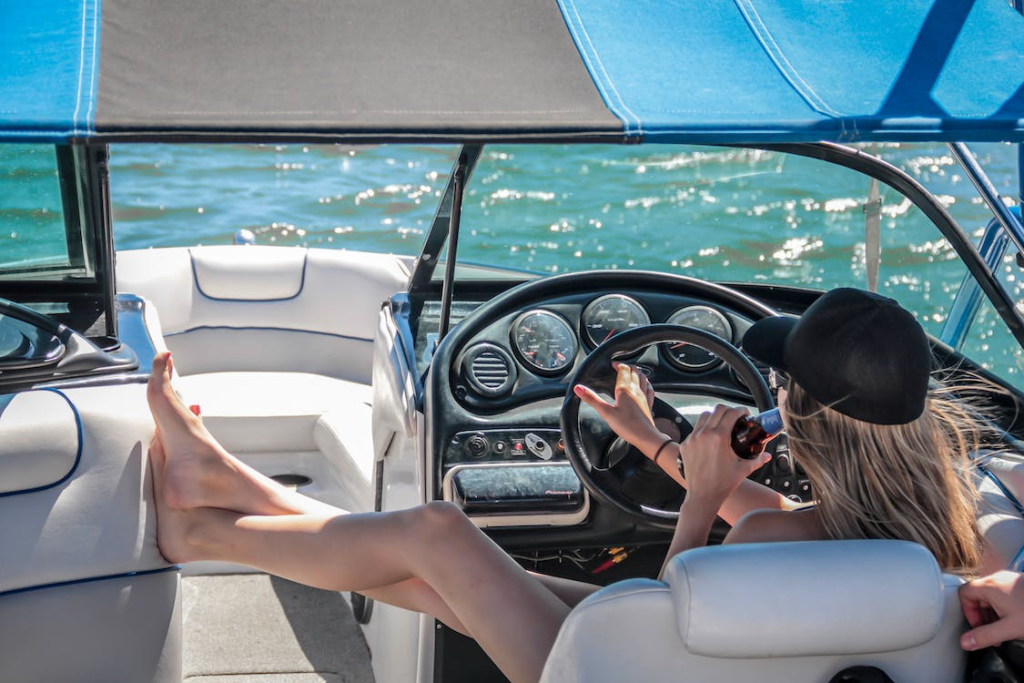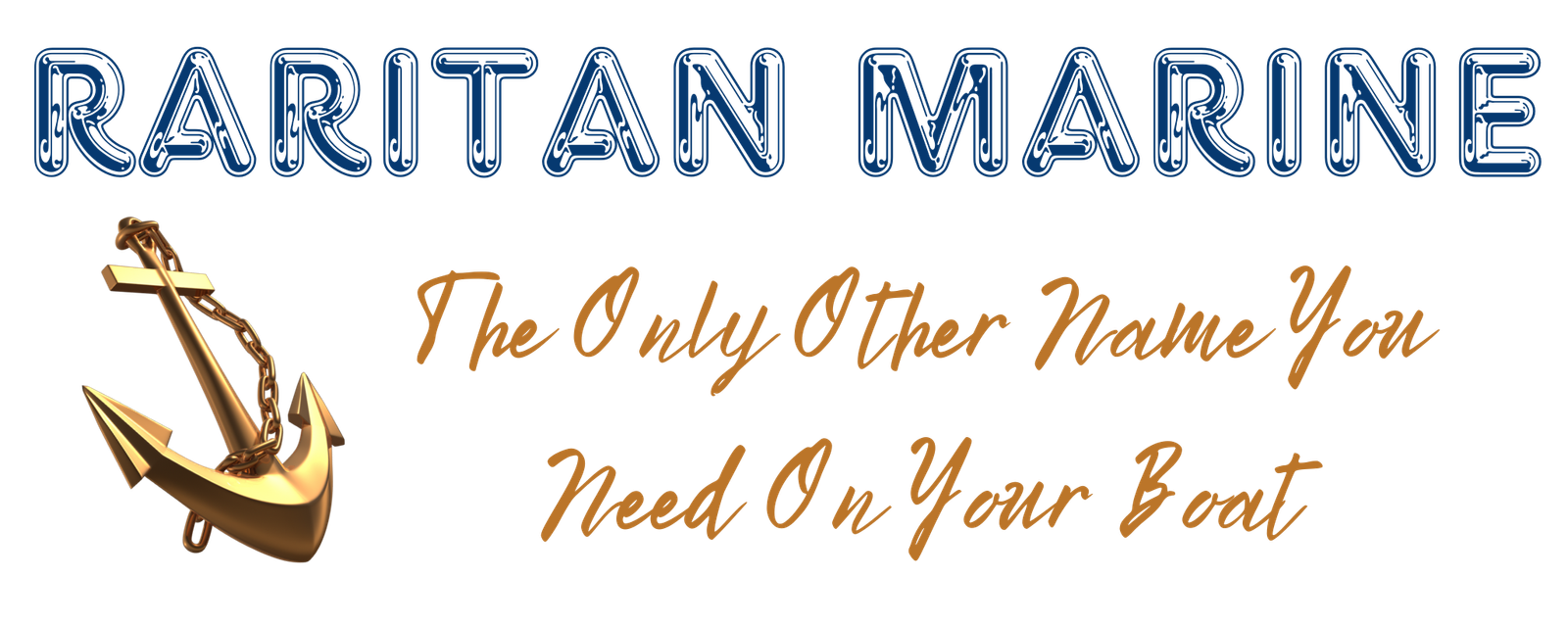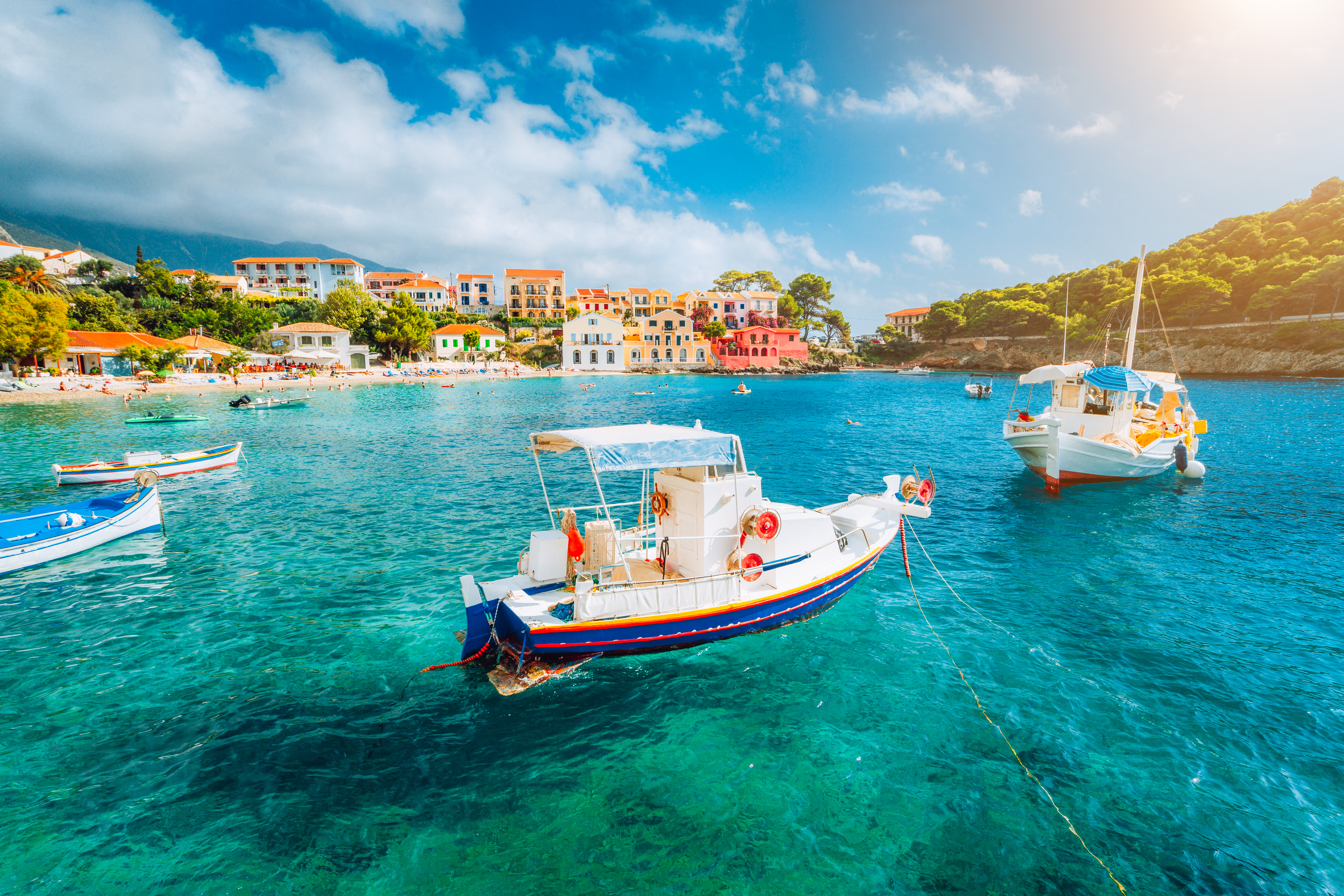If you love boating, you know how important it is to stay safe on the water.
Boating accidents can cause serious injuries, property damage, and even death.
That’s why it’s essential to learn the basics of boating safety, such as how to operate your boat, how to read the weather, how to navigate, and how to handle emergencies.
One of the best ways to learn boating safety is to take a coast guard boating safety course.
These courses are offered by various organizations, such as the U.S. Coast Guard Auxiliary, U.S. Power Squadron, BoatU.S. Foundation, and many state boating agencies.
They cover many aspects of boating safety, from boat handling to sailing and personal watercraft safety.
They also provide certification tests for boaters who want to meet the state educational requirements for operating a boat or a personal watercraft (PWC).
In this blog post, we will explain why you should take a coast guard boating safety course, what you can expect from it, and where you can find one near you.
Why You Should Take a Coast Guard Boating Safety Course

There are many benefits of taking a coast guard boating safety course, such as:
- You will learn the rules and regulations of boating in your state and on federal waters. This will help you avoid fines, penalties, and legal troubles.
- You will learn how to operate your boat safely and responsibly. This will help you prevent accidents, injuries, and damage to your boat and other vessels.
- You will learn how to deal with common boating hazards, such as weather, waves, currents, tides, rocks, shoals, and other boats. This will help you avoid collisions, capsizing, grounding, and sinking.
- You will learn how to use the equipment and devices on your boat, such as navigation lights, horn, radio, GPS, compass, charts, anchor, bilge pump, fire extinguisher, flares, life jackets, and first aid kit. This will help you prepare for any situation and emergency.
- You will learn how to enjoy boating more by knowing how to plan your trip, choose your destination, communicate with other boaters, and respect the environment. This will help you have more fun and satisfaction on the water.
What You Can Expect From a Coast Guard Boating Safety Course
A coast guard boating safety course usually consists of several lessons that provide a foundation of operational and safety instruction.
Depending on the course provider and the type of boat you have or want to use (such as a powerboat, sailboat, or PWC), the course may vary in length and content.
However, some of the common topics that are covered in most safety courses are:
- Introduction to boating: types of boats; boat terms; registration; hull identification number; capacity plate; required equipment; fueling; launching; loading; docking; mooring; trailering.
- Boating law: federal and state regulations; navigation rules; aids to navigation; buoys and markers; sound signals; distress signals; reporting accidents; alcohol and drugs.
- Boat safety equipment: personal flotation devices (PFDs); fire extinguishers; visual distress signals (VDSs); sound-producing devices; emergency position indicating radio beacons (EPIRBs); personal locator beacons (PLBs); carbon monoxide detectors.
- Navigation: charts; compass; global positioning system (GPS); latitude and longitude; dead reckoning; piloting; course plotting; speed-time-distance calculations.
- Boating problems: hypothermia; dehydration; heat exhaustion; heat stroke; sunburn; seasickness; man overboard recovery; capsizing; swamping; sinking; mechanical failure.
- Trailering: types of trailers; hitching; unhitching; driving; backing up; parking.
- Hunting and fishing: permits and licenses; seasons and limits; methods and equipment; cleaning and cooking.
- Water sports: water skiing; wakeboarding; tubing; knee boarding; parasailing.
At the end of the course, you may have to take a written or online test to demonstrate your knowledge of boating safety.
If you pass the test, you will receive a certificate or card that proves that you have completed the course.
You may need this certificate or card to operate a boat or a PWC in your state or on certain waters.
Where You Can Find a Coast Guard Boating Safety Course Near You
There are many options for finding a coast guard boating safety course near you.
You can search online for courses offered by various organizations or agencies in your area. Some of the websites that can help you find a course are:
- Boating Safety Courses – United States Coast Guard
- The Courseline – BoatU.S. Foundation
- BoatEd – Online Boating Safety Courses and Certification Tests
- BoaterExam.com – Online Boating Safety Courses and Certification Tests
- Commander Bob – Boating Education Resources
- NauticEd – Online Sailing Courses and Certification Tests
- Safe Boating America – Classroom and Online Boating Safety Courses and Certification Tests
- State Courses – National Association of State Boating Law Administrators
- U.S. Coast Guard Auxiliary – Local Flotillas Offering Boating Safety Courses
- U.S. Sailing – Programs Offering Sailing Instruction and Certification
- United States Power Squadron – America’s Boating Course 3rd Edition
- American Canoe Association – Courses and Certification for Kayak, Canoe, Raft, Safety & Rescue, and Adaptive Paddling
You can also contact your local coast guard station, marina, boating club, or boating store for more information on boating safety courses in your area.
Conclusion
Boating is a great way to enjoy the outdoors, but it also comes with risks and responsibilities.
That’s why it’s important to learn boating safety before you hit the water. Taking a coast guard boating safety course can help you become a better, safer boater.
You will learn the rules and regulations of boating, how to operate your boat, how to deal with boating hazards and emergencies, and how to have more fun on the water.
If you are interested in taking a coast guard boating safety course, you can find one near you by searching online or contacting your local boating organizations or agencies. You can choose from different types of courses, depending on your level of experience and the type of boat you have or want to use.
You can also take online courses or tests if you prefer to learn at your own pace and convenience.
By taking a coast guard boating safety course, you will not only improve your knowledge, skills, and abilities in recreational boating, but also contribute to reducing the loss of life, injuries, and property damage that occur on U.S. waterways every year.
So what are you waiting for? Sign up for a coast guard boating safety course today and get ready to enjoy boating safely and responsibly!





